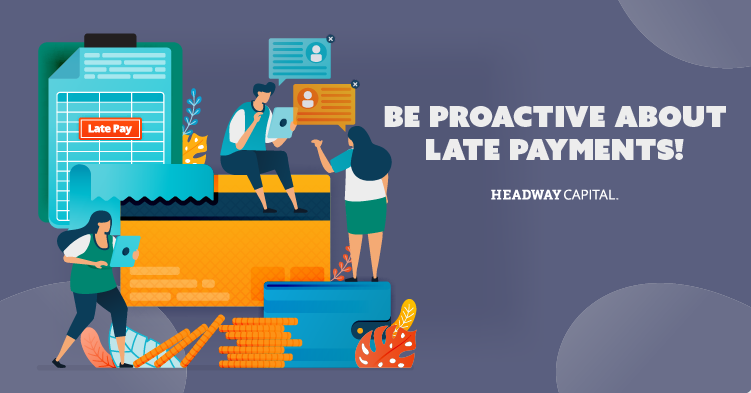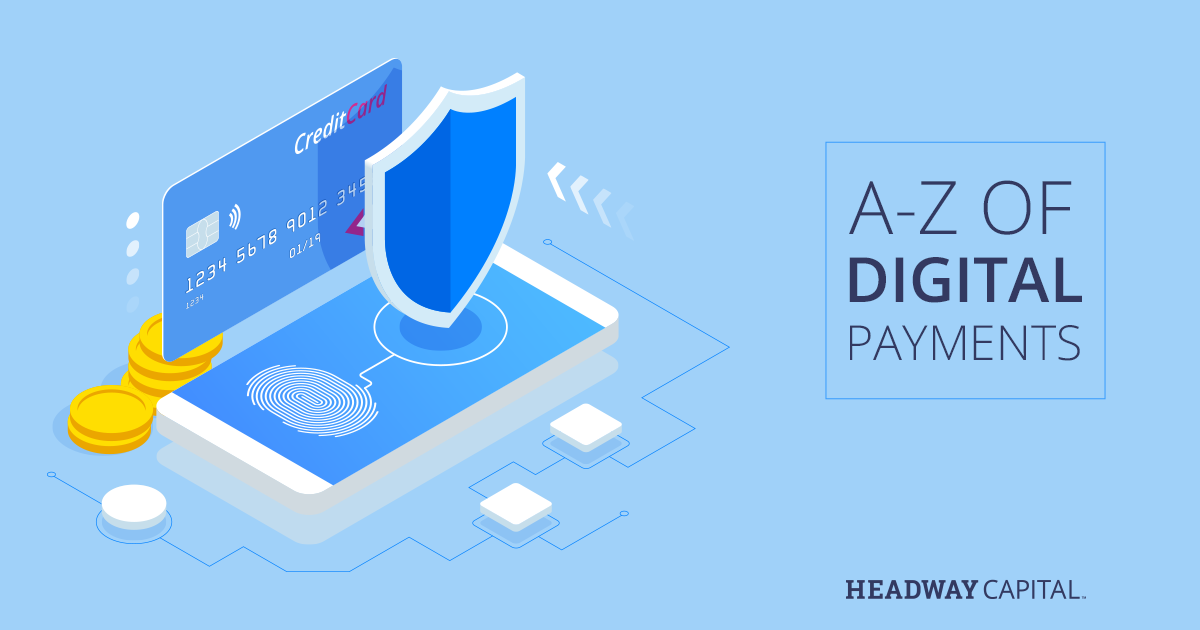How to Handle Late Payments on Your Business Loan
Getting behind on loan payments can be a terrible feeling. But if you find yourself in that situation, it’s important that you act quickly to limit any possible damage or consequences to your credit. To help you understand how lenders deal with delinquent payments, and what to do if you have one, we’ve put together some answers to common questions and provided a few actionable tips.
3 Moves to Make If Your Payment is Late
1. Take an Honest Assessment of the Situation
As soon as you realize you’re going to miss a payment, you need to identify what it is that caused you to miss this payment. Was it a one-time thing? Or is it something that will affect you long term? What does your financial forecast look like for the rest of the year and beyond? What type of payments are reasonable for you to make?
2. Contact Your Lender
Once you’ve taken account of what the issue is and what would be your best path forward, call or visit your lender to discuss the situation. Don’t wait for them to contact you. You may be able to receive an extension, sparing your credit report of any negative marks. You may also discuss refinancing the loan, to help payments become more manageable.
3. Propose a Solution
Having a plan in mind will give your lender more to work with and show the lender that you’re likely to make good on your payments. Being prepared with your own solutions will make it easier for the lender to determine a solution that works for you. Some ideas you may want to consider include:
- Defer and repay: The lender might allow you to defer the payment this month and add an additional amount on to the next few months to make it up.
- Pay only interest for 60 – 90 days: This could be a good option if you expect your accounts receivable to bounce back in 2 – 3 months.
- Forbearance agreement: Pay smaller amounts in each installment for the remainder of the loan.
- Refinance: If you anticipate continually missing payments, you should consider a refinance to make payments more manageable. This would allow you to pay off your current loan by taking out a new one with a lower interest rate and/or longer repayment term.
Common Questions About Late Payments
How long can a payment be past due before it’s considered late?
That depends on the lender. Most lenders will consider it a late payment one day after it’s due. Others may offer a grace period of a few days or up until the next payment. Make sure you’re aware of the payment terms and the lender’s policies on late payments prior to your credit agreement. If you have an open loan, you should review them if you don’t know them already.
Does the amount of time matter when paying a late payment?
Absolutely. You should try to make the payment as early as possible. If your lender offers a grace period, you may still be able to avoid any negative marks on your credit report. Also, your score is measuring the time since your last delinquency in months, so being 60 days past due is worse than being 30 days or fewer past due.1
Will bringing my account current improve my credit score?
Bringing your account current will certainly help to improve your business credit score. You should see an improvement within a matter of months, and minor delinquencies won’t affect your score much after a couple of years.
Will the delinquent payment always appear on my credit report?
No. Delinquencies are typically removed from your credit report after seven years. Charge-offs and Chapter 7 bankruptcies typically stay on your report for 10 years.2
Will becoming delinquent or defaulting on a business loan affect my personal credit?
That may depend on how your business is set up. If you’re a sole proprietor or guaranteed the loan personally, your personal credit score may be impacted by missed payments on your business’s debt. If your business is set up as a distinct legal entity, your personal credit score should not be affected.
References
1Kiisel, T. (n.d.). Don’t Mess Up Your FICO Score: Managing Delinquencies.
2Paperno, B. (March 7, 2018). 7 Myths About Bankruptcy and Your Credit Debunked.
The information in this article is provided for educational and informational purposes only, without any express or implied warranty of any kind, including warranties of accuracy, completeness or fitness for any particular purpose. The information in this article is not intended to be and does not constitute financial, legal or any other advice. The information in this article is general in nature and is not specific to you the user or anyone else.






